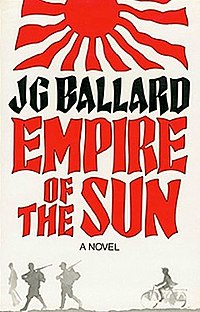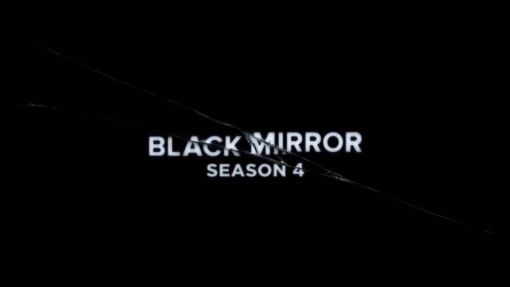
Growing up, my parents would often trick me into watching moves because they were “war” movies. Gone with the Wind? I watched it because I thought it was Civil War movie like Gettysburg or Glory. And so I wound up watching the movie Empire of the Sun, promised to be a war movie. Being too young to appreciate anything other than gunfire, explosions, and special effects of model battleships shooting around director’s bathtubs, I felt cheated.
I found a copy of this book in a awesome bookstore tucked into a corner of Chaing Mai, Thailand run by British ex-pats, and having just visited Shanghai, and looking for a book to read on the airplane, I thought I would forgive my childhood memories and give the book a try.
Set during the last day of normalcy in 1930’s Shanghai and then the rest of the war, it is the story of a young English lad surviving WWII in a Japanese interment camp. It is excellent – both poetic and concrete, mixing child psychology and fantasy with the grim realities of wartime. It’s war story, a coming-of-age story, and a survivor story that captures the deeper truths of wartime.
1930’s Shanghai – for quick reference consult the opening scene of Indiana Jones and the Temple of Doom – was a fascinating combination of international entrepôt, political flashpoint and cultural mixing zone that was highly unique. A product of European powers forcing territorial concessions of imperial China, Shanghai was a city run by Europeans in mainland China – and this book captures the last day of that era, December 7th, 1941. The next day, the Japanese invade and take over the city from the British.
The main character is the young child – maybe eight years old – of an English “mandarin” – an extremely wealthy and powerful official or businessman. He is “English” but has never been to England. When the Japanese invade Shanghai, his privileged world of private chauffeurs and garden parties disappears and he finds himself separated from his parents. With the English social order of shanghai destroyed, he finds himself isolated – neither really English or Chinese, he fins himself identifying with the Japanese and later, the Americans.
This sense of isolation drives the story – and the child’s survival. He survives, but also discovered himself and his adulthood.
Excellent writing. Excellent story and based on the author’s own experiences, which makes this book even more remarkable. Highly recommended.
Advertisements Share this:





